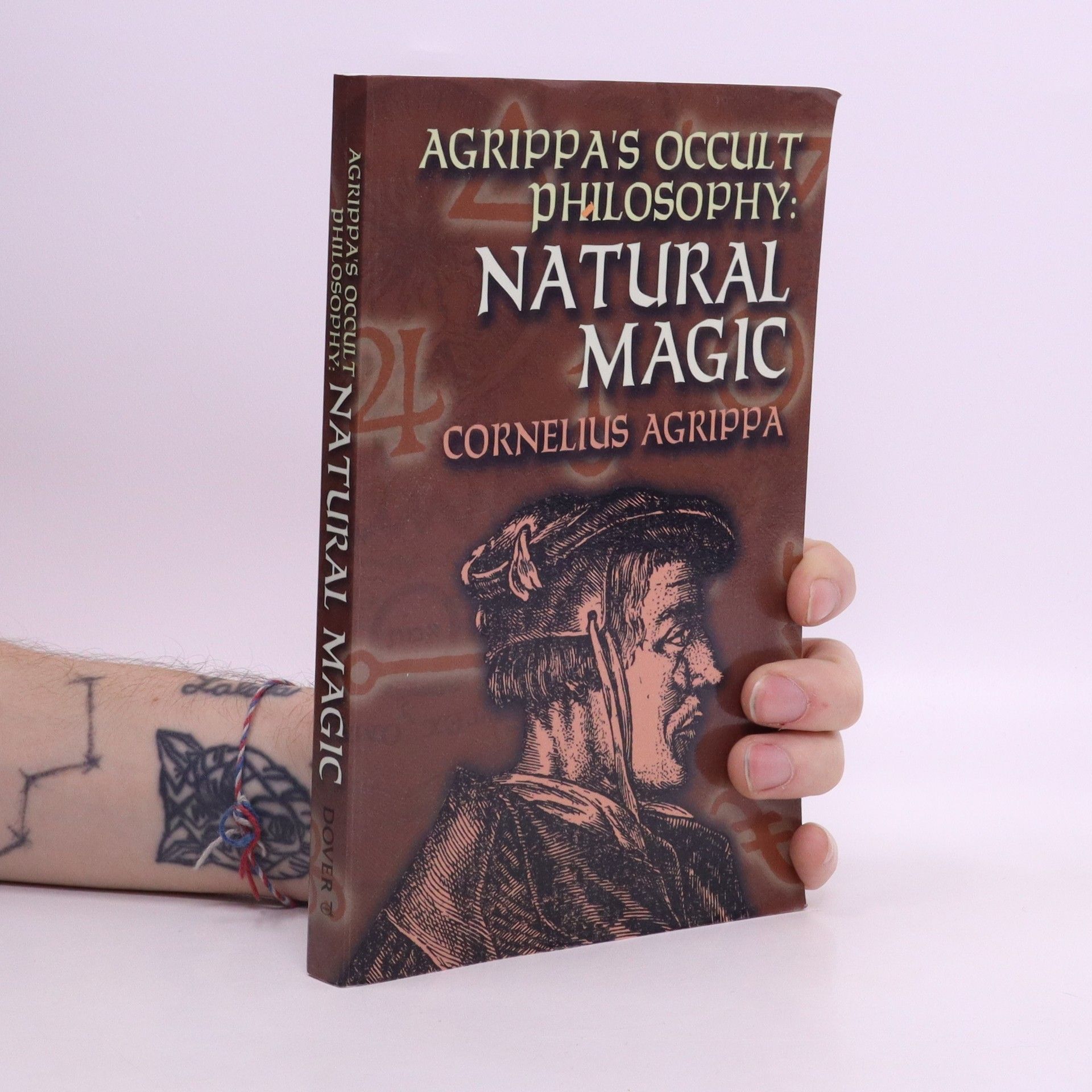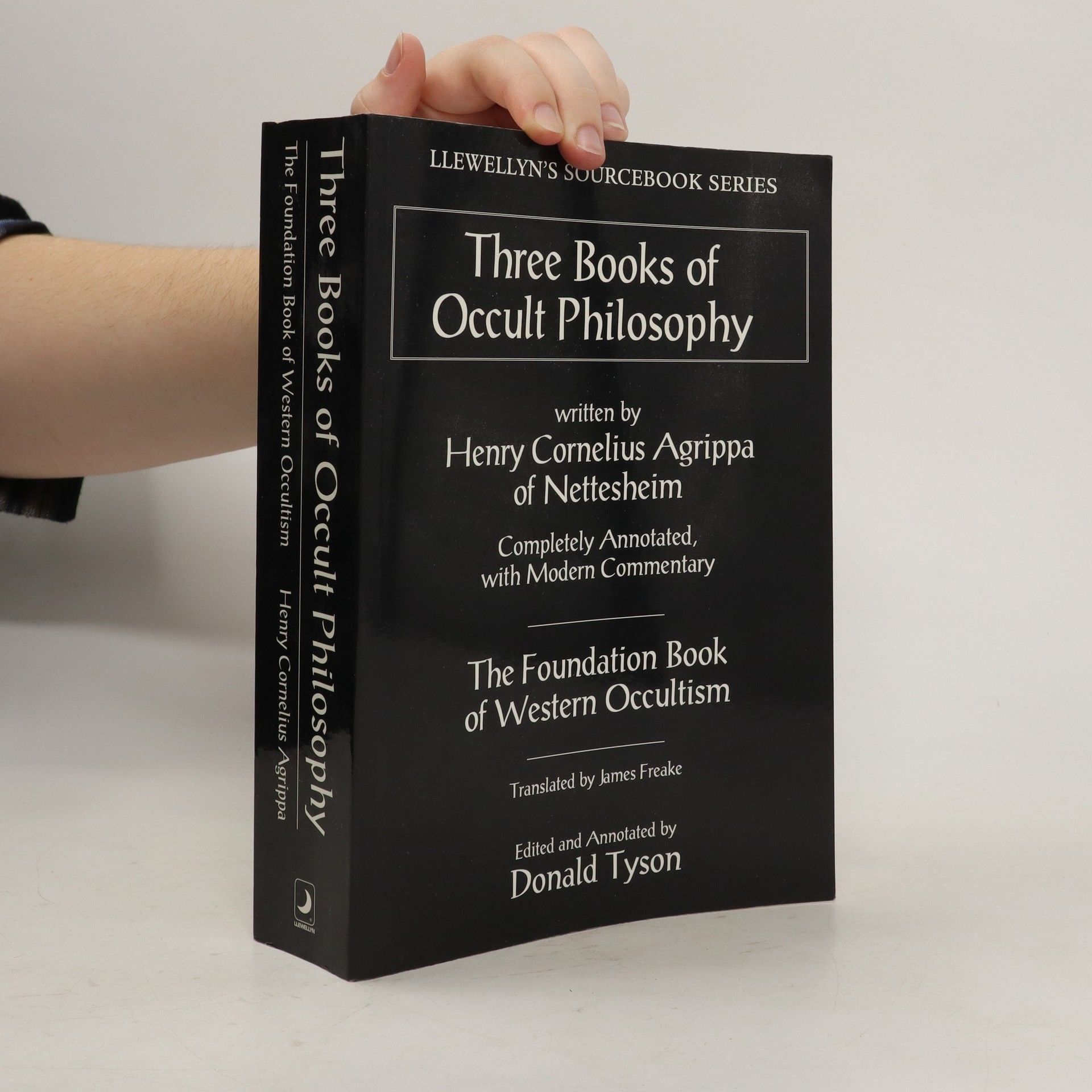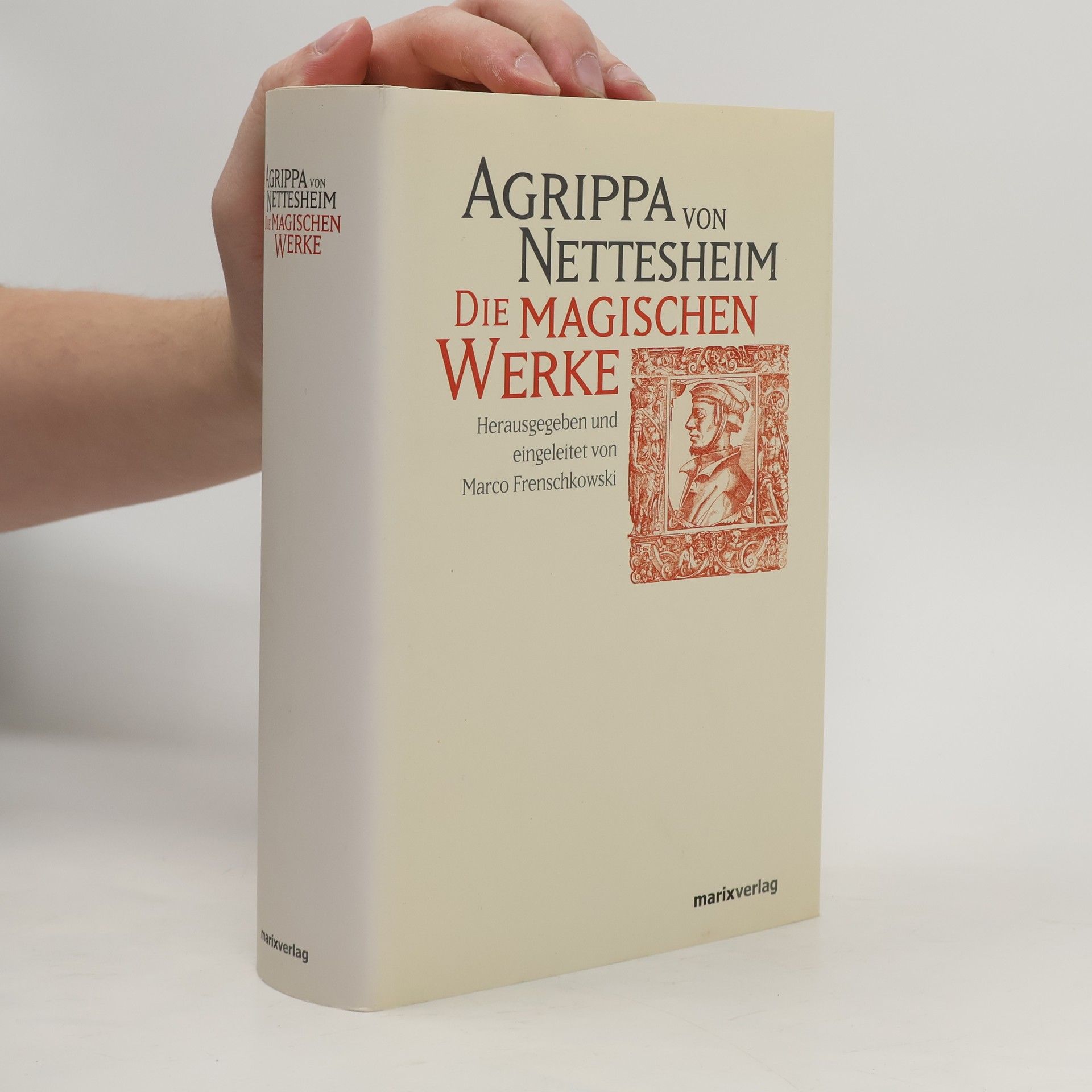Three Books of Occult Philosophy
- 938pages
- 33 heures de lecture
The vast store of magical lore in this classic work has influenced occultists for five centuries. Originally published in 1531 and translated into English in 1651, it has not been reprinted in its entirety until now. Editor Donald Tyson presents these writings as Agrippa intended: complete and free from the numerous errors of the original translation. This work serves as the most comprehensive repository of pagan and Neo-Platonic magic ever compiled, featuring unique material, including extracts from obscure or lost works by notable figures such as Pythagoras, Pliny the Elder, Cicero, Ptolemy, Plato, and Aristotle. Tyson’s detailed annotations clarify difficult references and expand upon quotations, making Agrippa's work more accessible to modern readers. It offers extensive insights into the foundations of the Western Esoteric tradition and serves as a practical guide for magical workings, detailing various divinations and both natural and ceremonial magic in clear, useful terms. This work is an essential reference for students of the history of ideas and the occult tradition.








